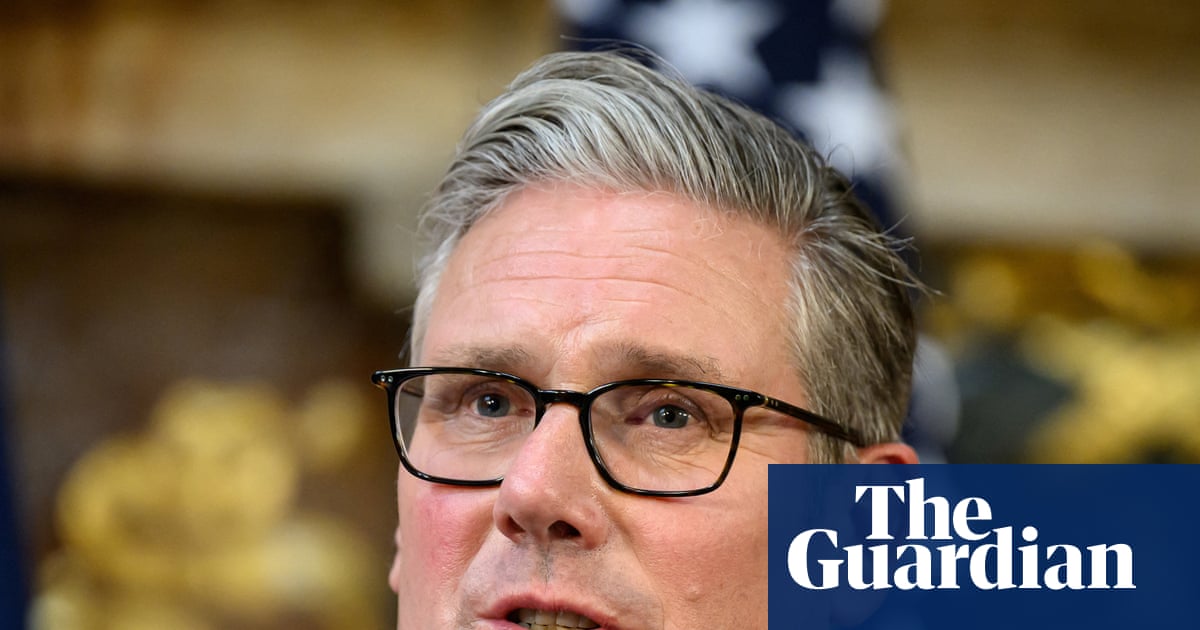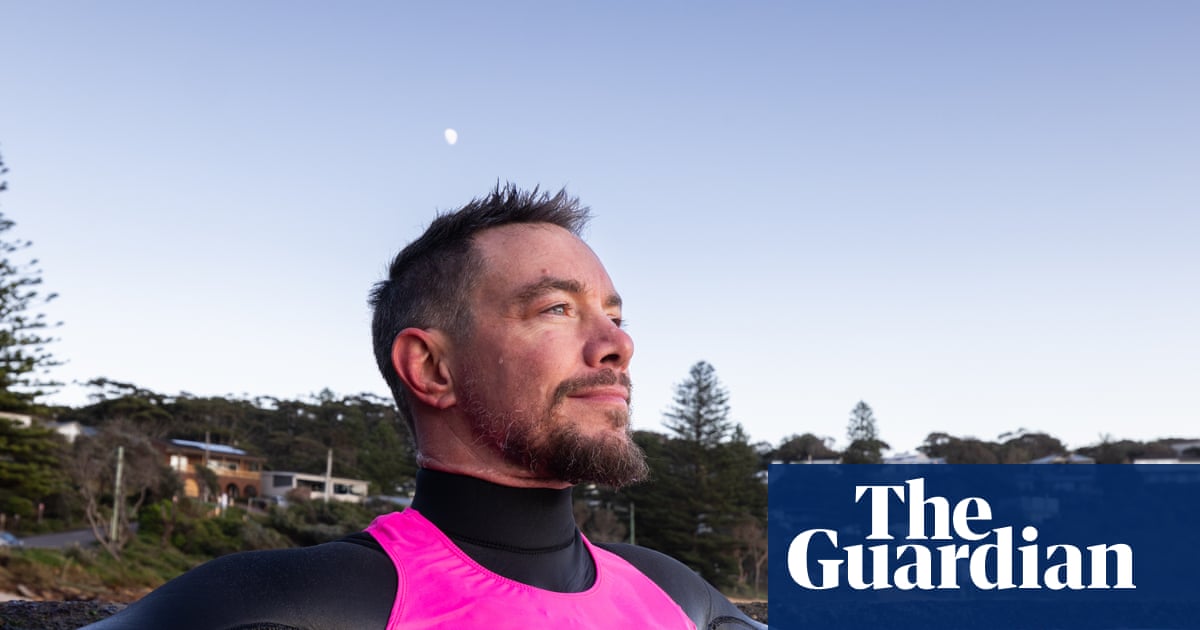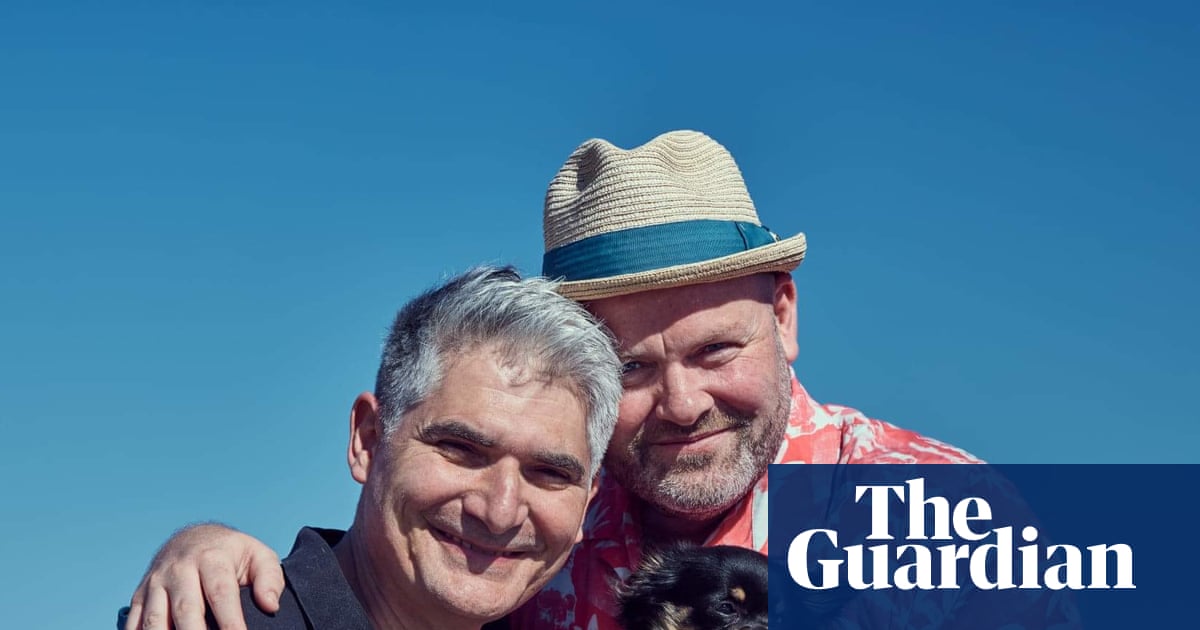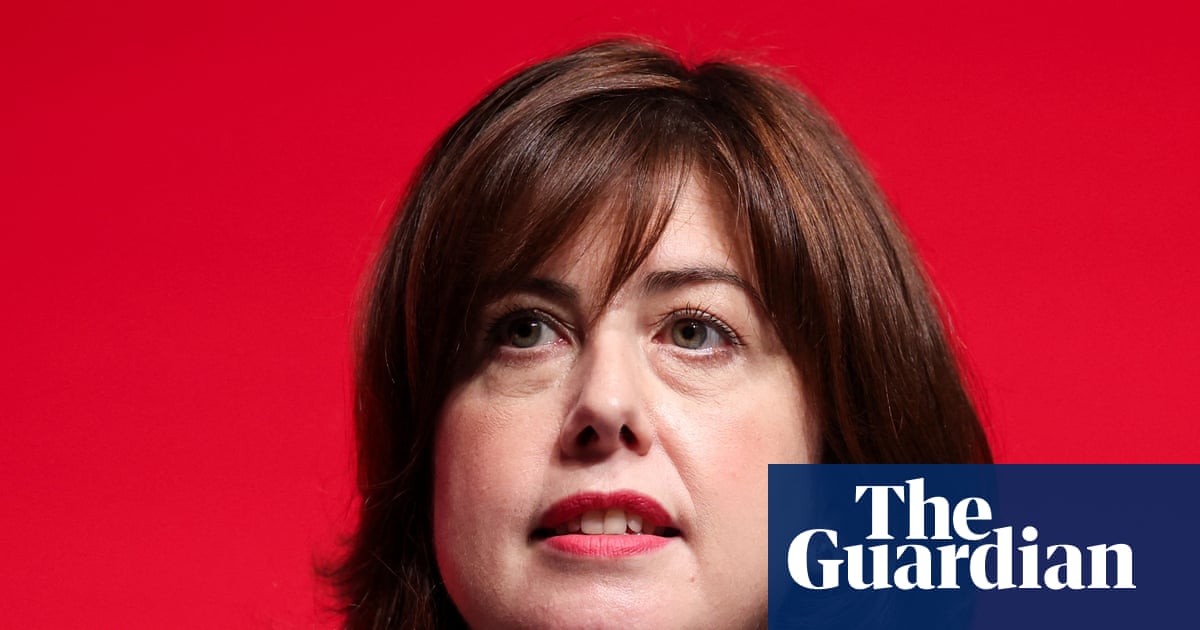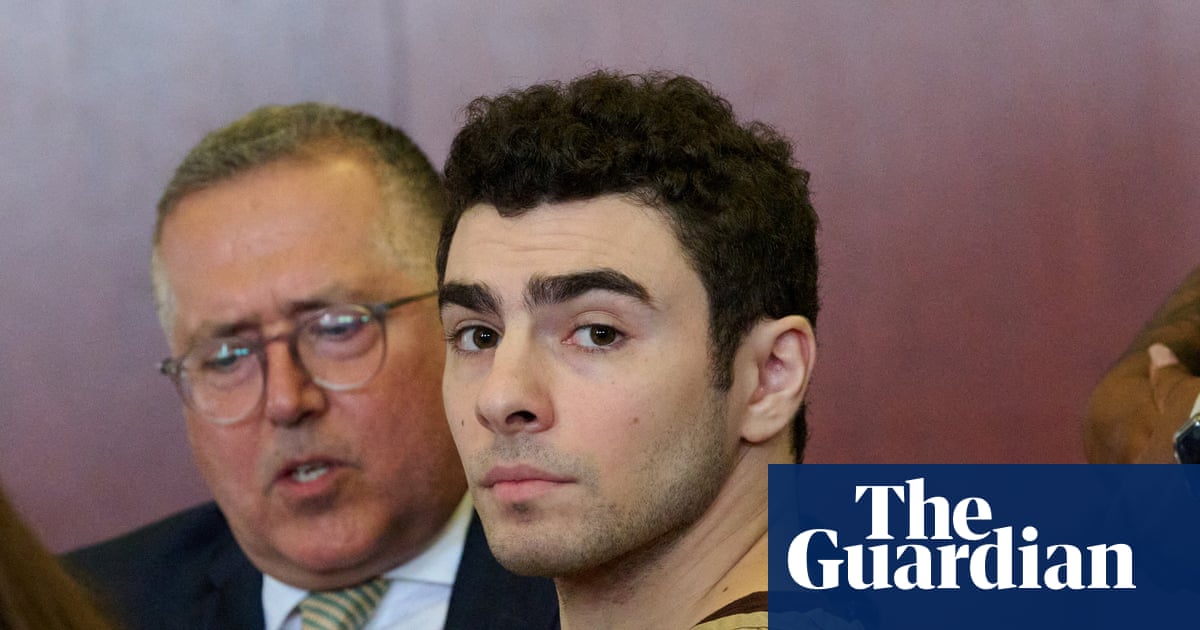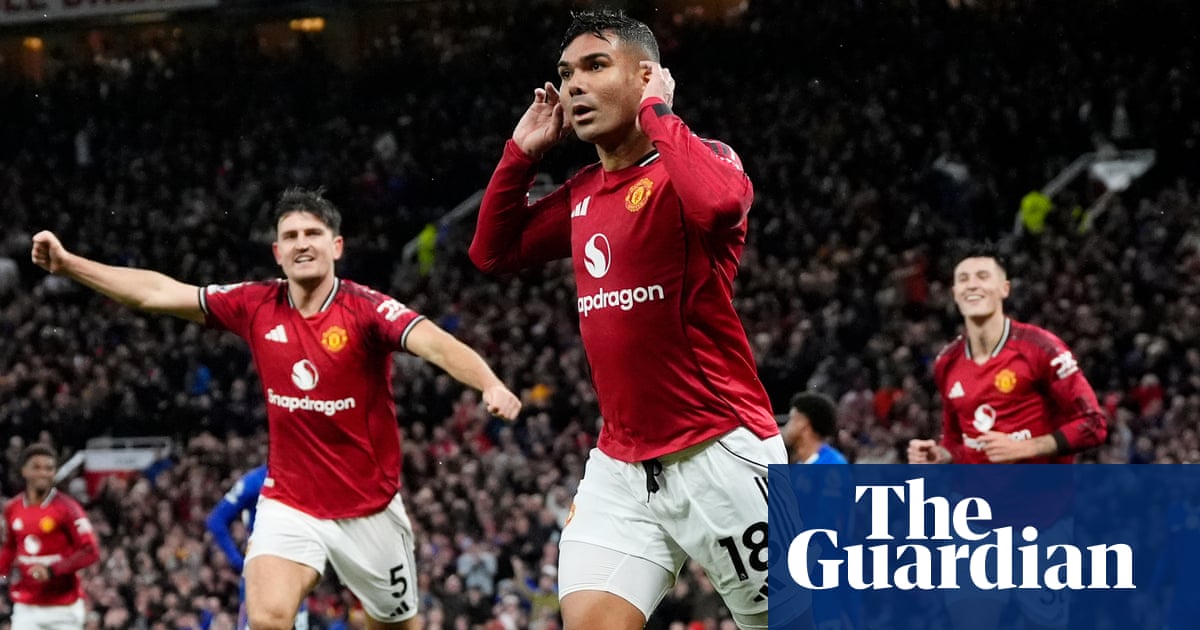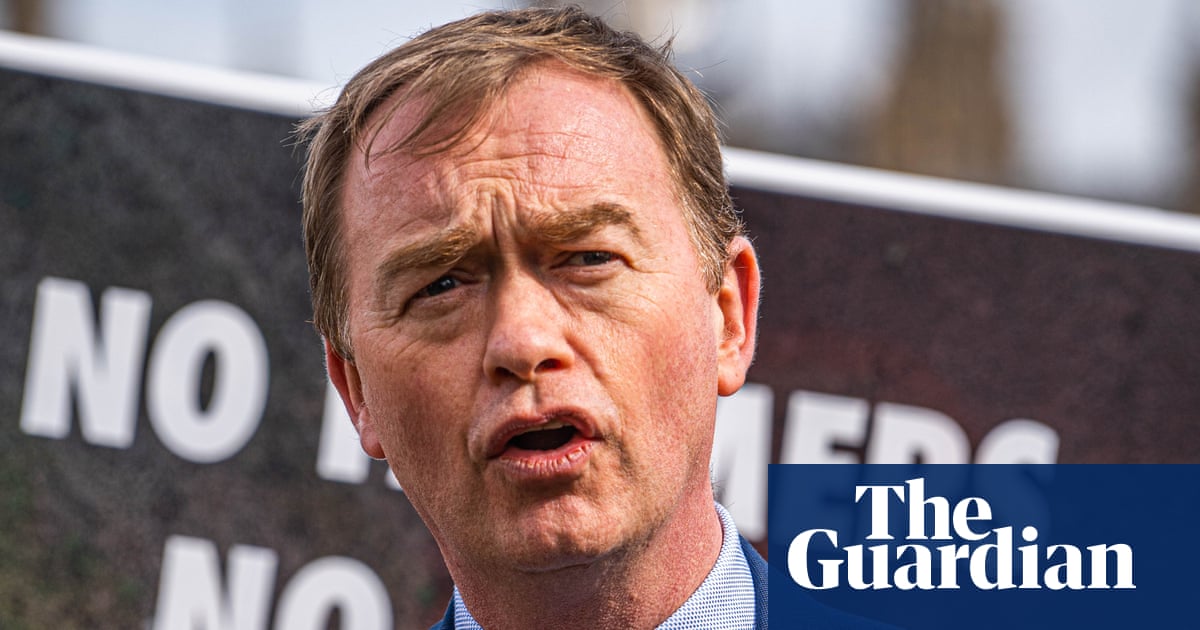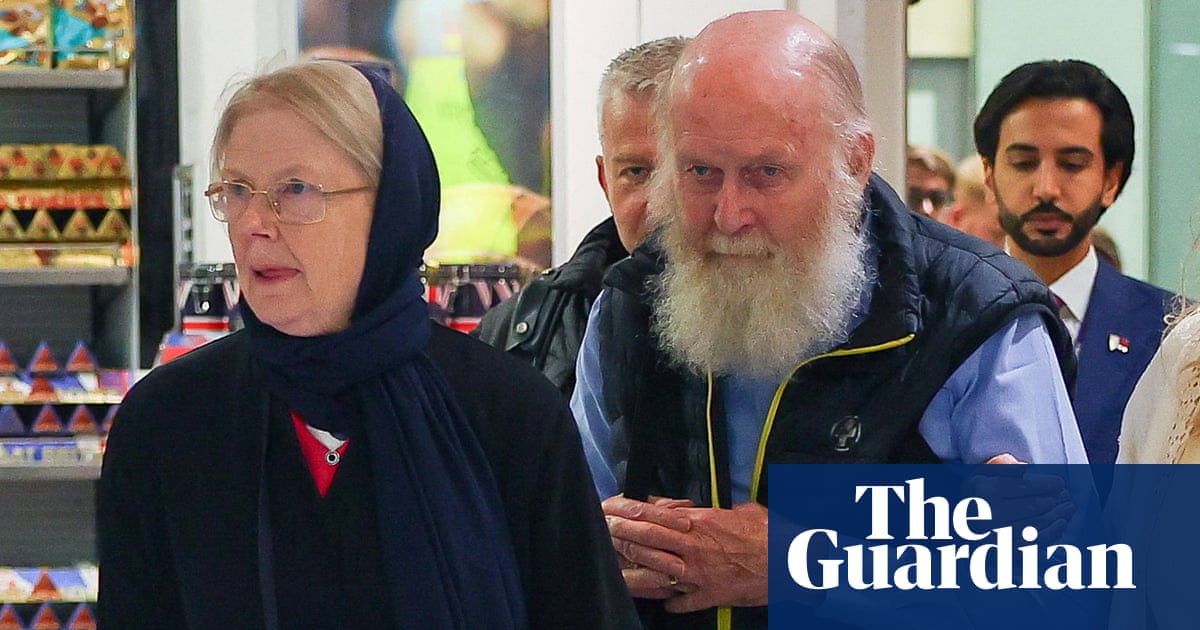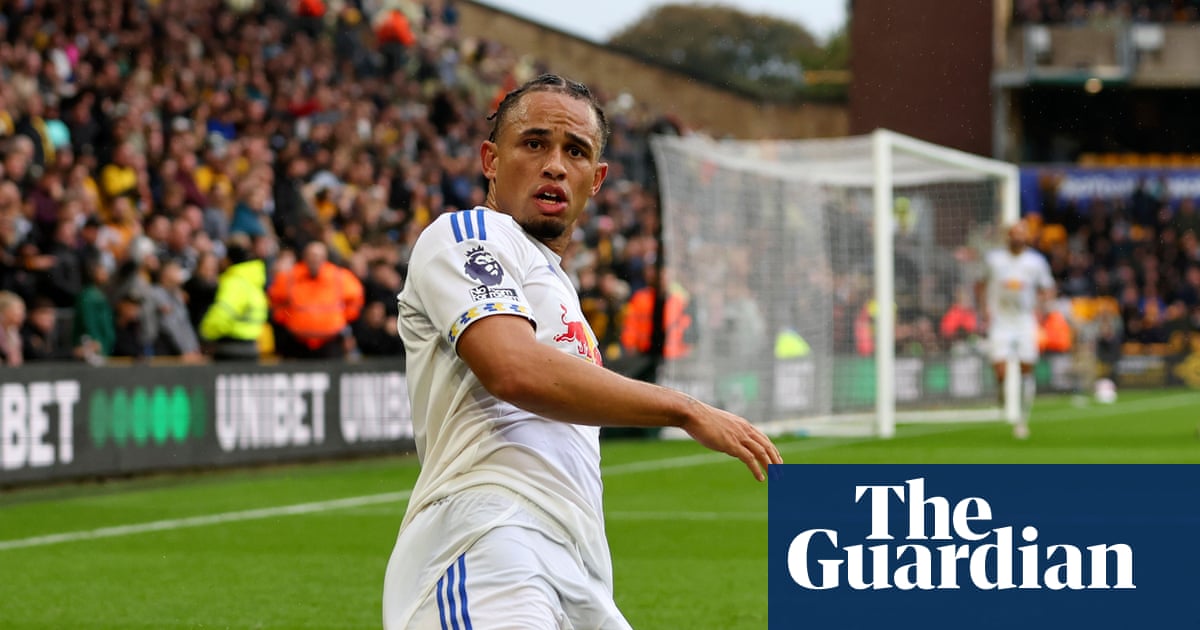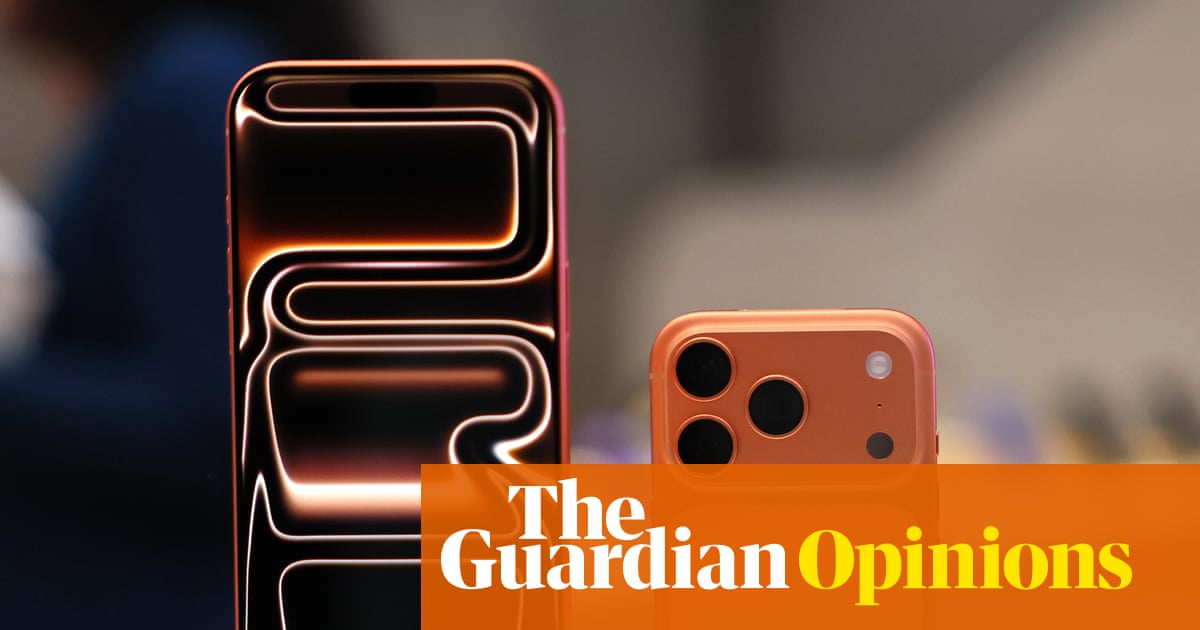Regarding Dr Helen Salisbury’s article (As an NHS GP, I can now prescribe weight-loss jabs – but a quick fix for obesity is not what we need, 26 June), I had a body mass index of almost 50 before starting on Mounjaro privately, even though I ate well and exercised more frequently than many of my peers. I could also have written several books on nutrition. I’d not got to that size as some bimbling idiot eating continually, but did have a binge-eating disorder linked to episodes of poor mental health that no medical professional was interested in discussing until I’d lost some weight.
Healthcare for people suffering with obesity in the UK is abysmal. You cannot approach a GP about anything without it being linked to your weight and told that you just need to eat less and move more, yet we wonder why a significant number of people who are obese have malnutrition.
At one point, I was advised by my GP to cut my daily calorie intake, 1,500, in half, leaving me trying to manage on 750 a day. Weight-loss drugs have changed my life as I feel in control for the first time ever, and I have slowly and appropriately lost three stone using them.
Rebecca Nottingham
Grimsby, Lincolnshire
I have had a private prescription for Mounjaro since March 2023 and have lost 43kg, 30% of my original weight, with my body mass index dropping from 42 to 29. I appreciate that, at a society level, more needs to be done to regulate junk food, but at a personal level, with a history of failed diets, this has been revolutionary for me. I have followed nutrition and exercise advice, and have been very lucky in experiencing no side-effects.
I appreciate Dr Helen Salisbury’s point: it hasn’t changed my underlying approach to food, and to avoid regaining all the weight I will have to manage it very carefully when I reach my target weight and stop medication. However, I don’t think that there was any other feasible way to achieve that weight loss. Rather than avoid medication, as the article suggests, surely the priority must be the behaviour change and support in the next stage?
Andy Taylor
London
Far from solving the obesity problem, drugs tend to make it worse, because those receiving them will tend to regard them as a substitute for healthy eating combined with exercise. Sugar was very severely rationed during the second world war and its aftermath, and “fast food” had not been invented. My village state primary school had two asphalted play areas, as well as a large field. My secondary school was even better equipped, and we were taken to the council’s local swimming baths (now closed) twice a week. These are benefits for life: I celebrated my 80th birthday by swimming 1,000 metres.
What is needed is a campaign similar to the anti-smoking campaign coupled with the reinstitution of play and swimming areas. This will take time and money, but will be more than self-funding, as the health benefits will accrue almost straight away and savings for the NHS will grow exponentially. Type 2 diabetes is an avoidable disease, but already has reached epidemic proportions, with heart problems and poor circulation leading to infections and often amputations. Doubtless there will be the usual outcry from self-styled “freedom” organisations funded by the food lobby. These, like the pro-smoking lobby, should be ignored.
Michael E Corby
London

 2 months ago
76
2 months ago
76
